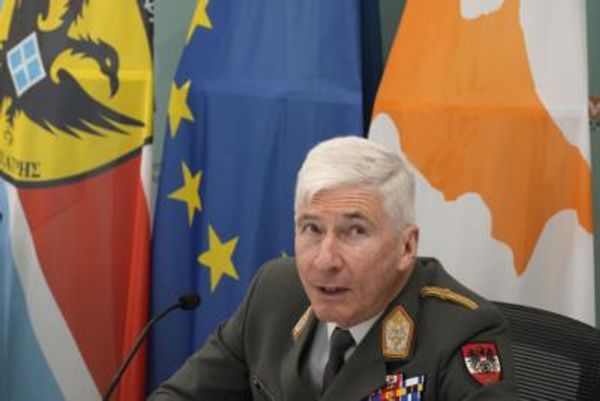
The decision of Pauline Hanson’s One Nation to run three times as many candidates in the House of Representatives has hidden a drop in support for the right-wing populist party.
With three-quarters of the vote counted since Saturday, One Nation has recorded a 4.9% share of the primary vote, representing a nationwide swing of 1.8% towards them. This swing, however, can be explained by its presence on the ballot for 149 seats compared with 59 in 2019.
In fact, if you compare their average primary vote per seat in each state, Pauline Hanson’s party has gone backwards. If you look at Queensland, where it ran candidates in every seat except for Kennedy (where Bob Katter is the sitting member) in both 2019 and 2022, it suffered a swing against them of 1.4%.
Dr Kurt Sengul is a researcher at the University of Sydney who wrote his doctoral thesis on Pauline Hanson, populism and the far right. He says that support for minor right-wing parties hitting a ceiling this election is part of a broader story about the movement’s inability to organise behind one candidate.
“Pauline Hanson has been the most significant far-right populist figure in Australia, but she has never been able to fully consolidate the demand that exists for a populist radical right party,” he said.
Dr Sengul imagines that a better, more charismatic candidate could unite that vote. He doubts that either Hanson (who is looking likely to scrape back into the Senate) or Palmer are the people to do so.
Yesterday, Dr Benjamin Moffitt, an associate professor at Australian Catholic University and author of The Global Rise of Populism, told Crikey that closed borders during the pandemic and Australia’s 50-year-low unemployment rate had limited the salience of immigration, One Nation’s bread-and-butter issue.
Dr Sengul agrees that One Nation struggled to gain any traction during COVID-19 and also posits that Hanson’s exclusion from regular, national media has also starved the party of oxygen. Hanson’s loss of a regular spot on the Today show in 2020 and the retirement of Alan Jones from commercial radio have reduced her audience. He also notes that One Nation’s big spend on an animated series may have redirected resources that could have been used elsewhere during the campaign.
While Pauline Hanson is looking likely to stay in the Senate, the election results show that the party’s best days might be behind them.





